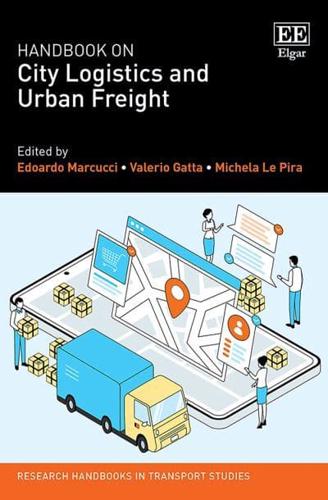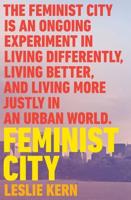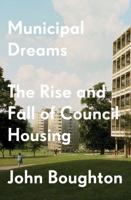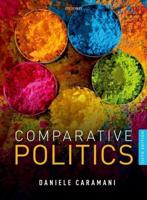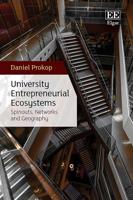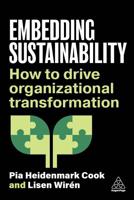Publisher's Synopsis
Providing an up-to-date and comprehensive overview of city logistics and urban freight research, this Handbook offers multidisciplinary insights on the key theories, themes and pressing issues common to urban and metropolitan landscapes.
Top scholars from a broad range of disciplines, including economics, engineering, business and management, political science and urban planning, analyse the five most significant areas characterizing urban freight transport: modelling, operations, planning, stakeholder engagement, and innovation. Chapters examine key topics including integrated transport and land-use processes, sustainability in urban freight transport, and the relationship between e-commerce and urban logistics. Fully cross-referenced throughout, the Handbook offers a forward-looking perspective on the topic, discussing the ways to improve urban freight and city logistics, particularly in line with the drive towards sustainable practices.
An essential read for urban studies, planning and transport geography students and scholars, this stimulating Handbook showcases a participatory approach to understanding city logistics operations and transport planning. Detailing practical solutions, it will also be beneficial to operations management, researchers and practitioners, economists and transport practitioners and policymakers looking for a deeper understanding of how to improve urban freight and city logistics operations in our modern world.
